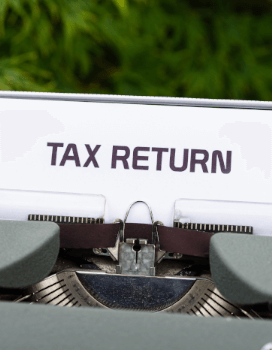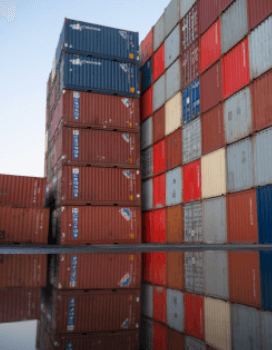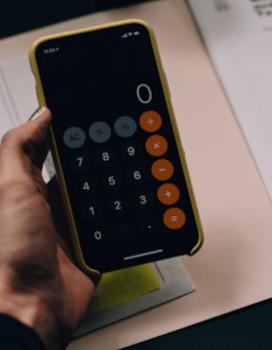Labour law provides for several types of leave for working parents: maternity leave, parental leave and unpaid extended post-maternity leave. In addition, employee-fathers can take so-called paternity leave of two weeks. Statistics show, however, that while paternity leave is used more and more, parental leave is only used by 1% of men. Perhaps, the work-life balance directive will change this.
On 29th of September 2022 The Court of Justice of the European Union has handed down a ruling with a signature C-235/21, which could have a significant impact on the fundamental importance of the VAT invoice in business transactions and leave taxpayers in ongoing uncertainty regarding the qualification of non-tax documents. According to the ruling, in exceptional cases, an agreement between contracting parties may be considered as a VAT invoice.
On 1st January 2019, the Act on Employee Capital Plans (PL-PPK) came into force, introducing a voluntary, private long-term savings system, part of the so-called third pillar of the Polish pension system. PPK is a system created jointly by the employee, the employer and the state, supervised by the Financial Supervision Commission (PL-KNF). Who can use PPK and under what conditions? How to implement it in a company? And why is it worth it when thinking about it in the context of building the employer’s image – recruiting and retaining employees.
We would like to remind you that as of 12 October 2022, the so-called holding law is in force in Poland, which introduced i. a. the possibility to exclude the responsibility of the management board for decisions taken in the interest of the entire capital group and the possibility to repurchase minority stakes/shares of a subsidiary. These are important issues from the point of view of subsidiary boards in particular, as it introduces into the Polish legal order solutions which formalise the actual functioning of capital groups.
REX (Registered Exporter System) is a system where you can document the preferential origin of goods with dedicated statements of origin. It is worthwhile to do this in order to make statements of origin yourself.
From 1 January 2022, the amended Value Added Tax Act came into force, which introduced, among other things, shorter deadlines for VAT refunds. This is another improvement for taxpayers after the packages of changes known as SLIM VAT and SLIM VAT 2.
On 28 May 2022 Member States of the European Union were required to adopt and start applying legislation implementing Directive (EU) 2019/2161 of the European Parliament and of the Council of 27 November 2019 amending Council Directive 93/13/EEC and Directives 98/6/EC, 2005/29/EC and 2011/83/EU of the European Parliament and of the Council with regard to better enforcement and modernisation of EU consumer protection legislation (hereinafter: the Omnibus Directive), which introduced changes to consumer protection law. Althoughthe draft law implementing the Omnibus Directive is only being proceeded by the Polish Sejm, we already invite you to familiarise yourself with the main changes today.
Binding Origin Information, so called WIP, confirms the information on the origin of goods to entrepreneurs and supports uniform interpretation of the rules of origin. It is an administrative decision issued by the Director of Tax Administration Chamber in Warsaw at the request of the interested party.
The so-called EORI number, (Economic Operators Registration and Identification) is a business identification number used to contact the customs authorities within the European Union. It is needed if a trader wants to sell or buy goods from outside the EU. It must be obtained before the first planned customs operation. What does it consist of and, above all, how to obtain it?
Binding Tariff Information (WIT) is an official decision on the tariff classification of goods located within the European Union, which determines not only the correct tariff code, but also the amount of duty and any other customs charges. Obtaining a WIT decision provides taxpayers with a guarantee that the correct Combined Nomenclature (CN) or TARIC tariff code has been applied, that customs duties have been correctly declared or that the time required for customs clearance has been shortened, so it is worth obtaining it in order to protect yourself from the negative consequences of using the wrong tariff code and to facilitate the procedures for declaring goods. How to do it?










